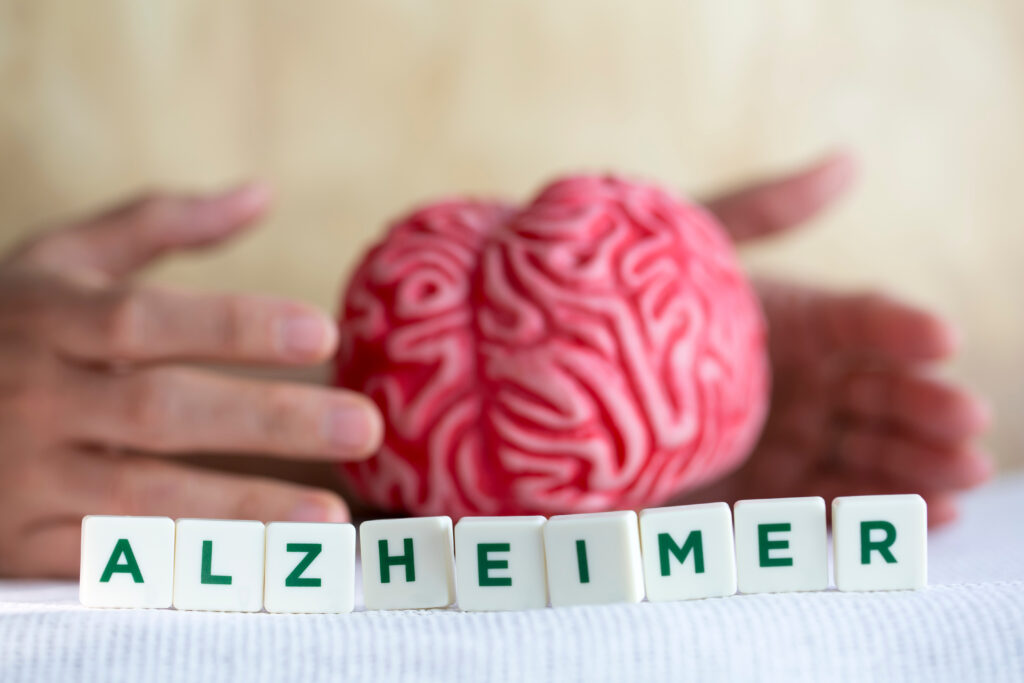**The Importance of Early Diagnosis in Alzheimer’s Disease**
Alzheimer’s disease is a serious condition that affects millions of people worldwide. It causes memory loss, confusion, and changes in behavior, leading to a decline in cognitive function over time. While there is no cure for Alzheimer’s, early detection can significantly improve the chances of managing the disease and slowing its progression.
### Why Early Diagnosis Matters
Early diagnosis of Alzheimer’s is crucial for several reasons:
1. **Slowing Disease Progression**: Early detection allows for timely access to medications and treatments that can help manage symptoms. These treatments may slow the progression of cognitive decline, extending the period of independence and cognitive function.
2. **Treatment Planning**: With an early diagnosis, patients and their families can explore and initiate interventions that enhance quality of life. This includes cognitive therapies, lifestyle changes like exercise and diet modifications, and participation in clinical trials for new treatments.
3. **Financial and Legal Preparation**: Early diagnosis enables individuals to actively participate in decisions about their future, including estate planning, creating advance directives, and designating power of attorney. This ensures that their wishes are respected when they can no longer advocate for themselves.
4. **Care Arrangements**: Families can plan for care needs with sufficient time, whether that means arranging home care, exploring memory care facilities, or accessing specialized dementia support services. Early preparation reduces the stress of making urgent decisions during a crisis.
5. **Reducing Anxiety and Uncertainty**: Identifying dementia early provides clarity about troubling symptoms, such as memory loss or confusion. Understanding the cause of these issues can relieve stress and anxiety for both the person affected and their loved ones, replacing uncertainty with actionable knowledge.
6. **Empowerment and Control**: Receiving a diagnosis early enables individuals to take control of their condition by making informed choices about their healthcare, lifestyle, and personal goals. This sense of empowerment can create acceptance and peace of mind.
7. **Access to Resources and Support Networks**: Families benefit from early access to caregiver support groups, counseling, social services, and educational resources. These tools ease the emotional and logistical burdens of caregiving, helping caregivers feel less isolated and more capable of managing challenges.
8. **Training and Education**: Caregivers can receive specialized training to better understand and manage the symptoms of dementia, such as behavioral changes and communication difficulties. Prepared caregivers can provide more effective care, which improves outcomes for both parties.
### The Role of Intervention in Early Stages
Early intervention in Alzheimer’s can significantly impact the quality of life and slow the progression of symptoms. A multifaceted approach involving cognitive therapies, lifestyle adjustments, and technological support offers the best outcomes. Some of these interventions include:
– **Cognitive Therapies**: These therapies help improve memory and cognitive function.
– **Lifestyle Adjustments**: Changes in diet, exercise, and social engagement can help manage symptoms.
– **Technological Support**: Tools like in-ear microphones, which monitor speech and brain activity, hold promise for early detection.
### The Future of Alzheimer’s Detection
Researchers are working on developing more sophisticated algorithms and artificial intelligence tools to analyze data collected from devices like in-ear microphones. This technology could revolutionize Alzheimer’s diagnosis by catching the disease early, allowing for timely interventions that slow progression and improve quality of life.
### Conclusion
Early detection of Alzheimer’s is invaluable for both individuals and their families. It allows for timely interventions that may slow the progression of the disease, empowers individuals to make important decisions about their future, and equips families with the resources and knowledge needed to provide effective care. Addressing the condition early leads to improved quality of life, reduced stress, and better long-term planning, making early recognition a vital component of dementia care.
If you or a loved one is experiencing symptoms of Alzheimer’s, don’t hesitate to consult a healthcare professional. Early detection is key to managing this complex and challenging condition, and it can make a significant difference in the lives of those


